
A new road connecting Comoros St. (along the British Embassy) and Africa Avenue (Bole Road) is to be launched with an outlay of 24.5 million dollars, financed by the World Bank.
The project is one of the five corridors the city administration plans to build to ease growing traffic congestion. The four other routes are from Arat Kilo to Abune Petros; St George Cathedral to Dil Ber; Arat Kilo to Brass Hospital; and Ummer Sumeter to the Grand Palace.
The 4.5Km road corridor links Africa Avenue, through Medhanialem Cathedral, crossing the roundabout near Golagul Building and Togo Street, across the main entrance of the British Embassy. It has a price tag of around 270 million Br a kilometre, among the most expensive roads ever to be built in Addis Abeba. The budget includes the cost for installing an intelligent transport system (ITS), traffic lights and CCTV cameras, according to Behailu Gebreyesus, project implementation manager of the World Bank's Transport System Improvement Programme.
The World Bank's programme was launched in 2016 with 300 million dollars in financing, over half of which has been allocated to the capital. Designed to be implemented at both city and federal levels, the programme aims to improve licensing systems, develop urban transport policies, and fund road projects. Construction companies will be invited this month to bid for the contract, which will require them to complete the project by the end of 2023.
According to officials at the Addis Abeba Roads Authority (AACRA), the bidding process will take up to six months.
While the study and design of the other corridors are underway, the Authority is prioritising this project to help ease traffic congestion around the Megenagna area, says Moges Tibebu, director-general of the Authority.
"It'll be a game-changer for city transport facilities," said Moges. The Authority has embarked on road projects costing 6.5 billion Br this year.
Dorsch Gruppe GRE, a German-based firm, was hired for six million dollars in 2018 to conduct design work and feasibility studies for the five corridors. It will also be responsible for the supervision of construction works until 2023. The design of the other corridors is expected to be finalised within six months, disclosed Behailu.
Engida Tadie, lecturer of urban planning at Kotebe Metropolitan University, applauds the decision to prioritise the Bole-Comoros road. The project will significantly improve congestion in the area, a busy market centre, he said.
"The route needed some kind of outlet,” Engida told Fortune.
The latest project is comparable to the construction of a 4.9Km road stretching from Bole International Airport to Goro, which was awarded to Aser Construction earlier this year. The project will cost 1.6 billion Br, over 320 million Br a kilometre. Eight road projects awarded last year by the Ethiopian Roads Authority cost an average of 24.4 million Br a kilometre.
Urban road construction projects are much more complicated and expensive, according to Engida. The roads are usually of a higher standard and incorporate more complex traffic management systems.
Engida observes that government offices often do not conduct extensive studies before embarking on construction projects and urges that work should be done to identify other areas that have high traffic flow and congestion.
"Constructing more roads is not the only solution," he said. "It needs constant maintenance and inspection."
PUBLISHED ON
Dec 11,2021 [ VOL
22 , NO
1128]
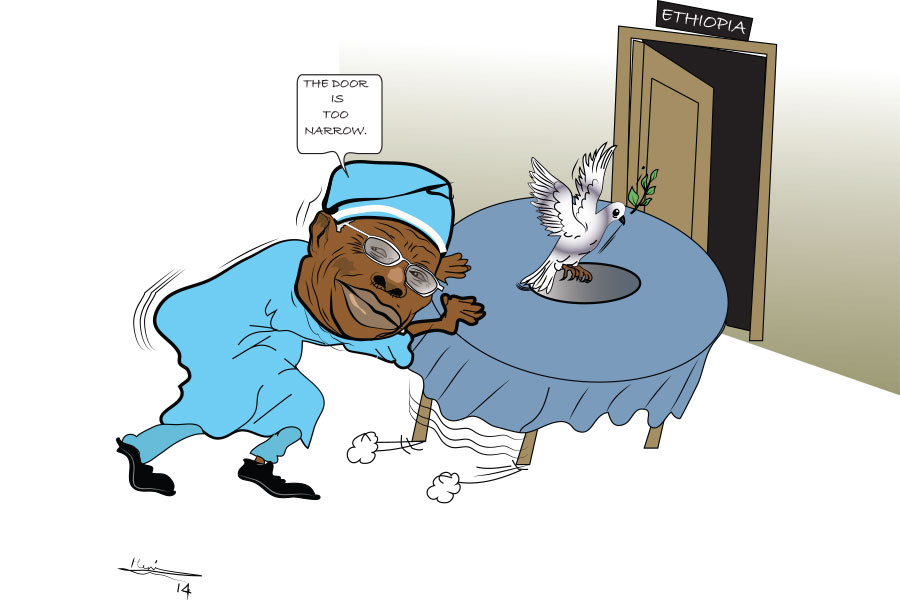
Editorial | Nov 20,2021
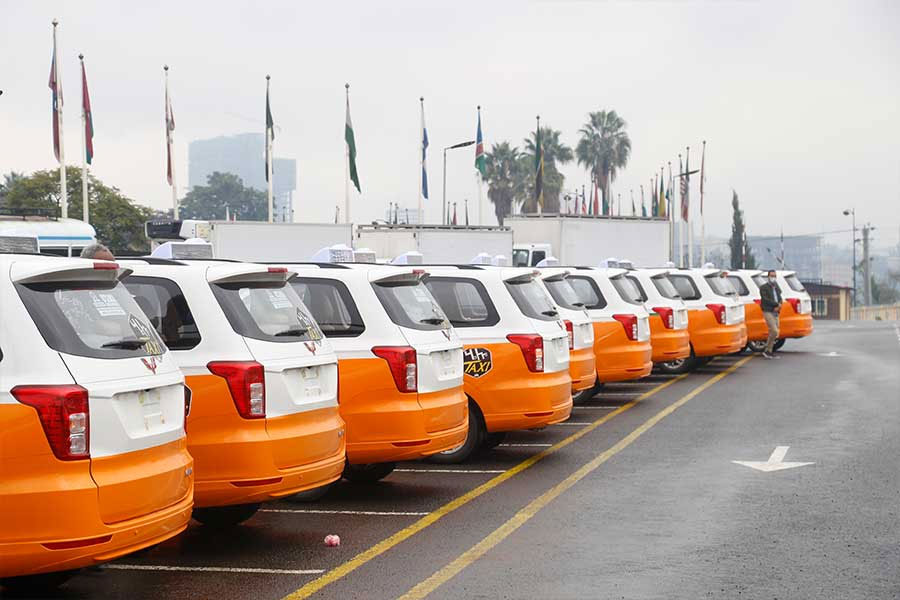
Fortune News | Oct 16,2021

My Opinion | Nov 18,2023

Covid-19 | Sep 04,2021
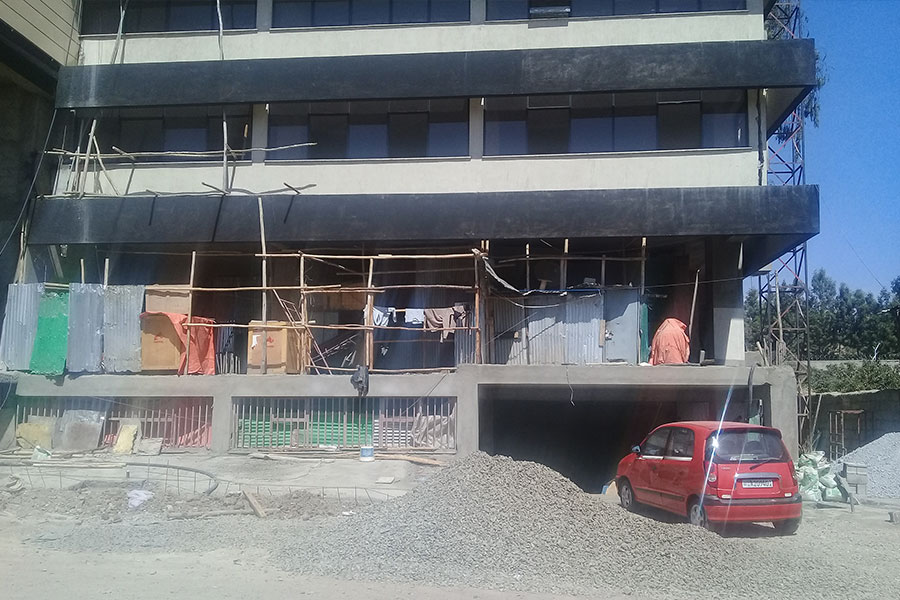
Radar | Dec 25,2021
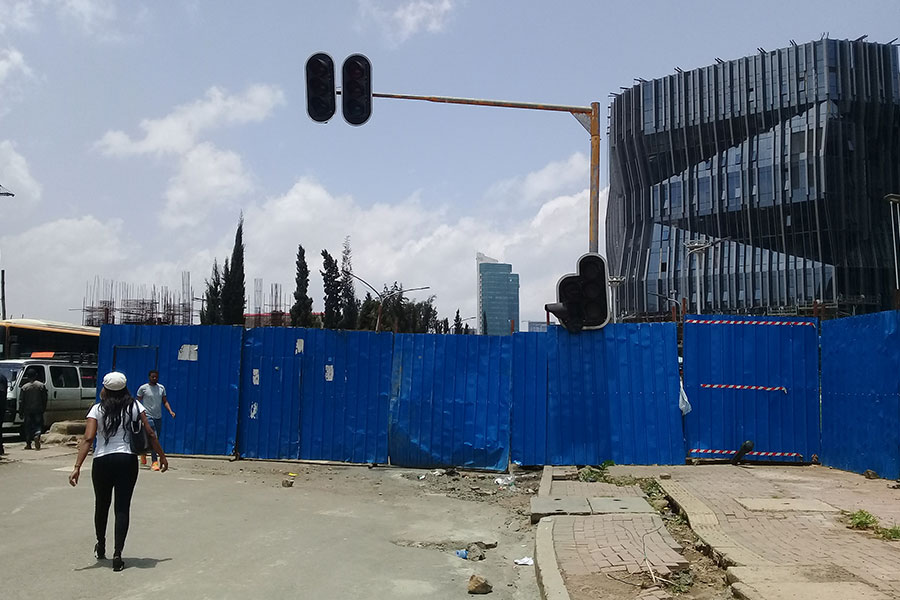
Radar | Aug 21,2021
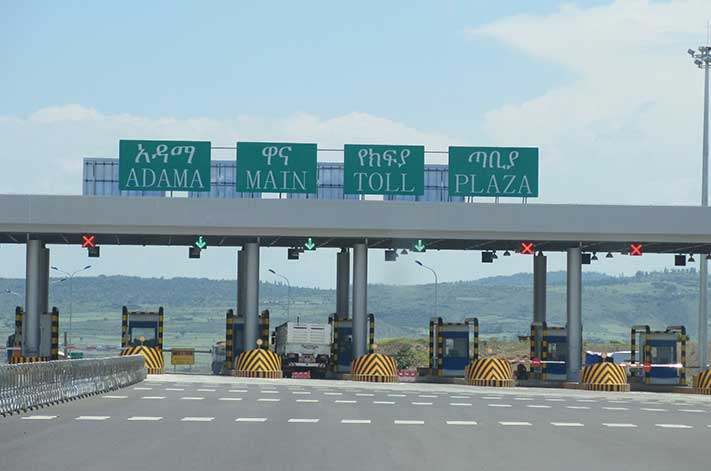
Fortune News | Oct 19,2019

Radar | Jan 05,2019

My Opinion | May 23,2021

Films Review | Feb 09,2019

Dec 22 , 2024 . By TIZITA SHEWAFERAW
Charged with transforming colossal state-owned enterprises into modern and competitiv...

Aug 18 , 2024 . By AKSAH ITALO
Although predictable Yonas Zerihun's job in the ride-hailing service is not immune to...

Jul 28 , 2024 . By TIZITA SHEWAFERAW
Unhabitual, perhaps too many, Samuel Gebreyohannes, 38, used to occasionally enjoy a couple of beers at breakfast. However, he recently swit...

Jul 13 , 2024 . By AKSAH ITALO
Investors who rely on tractors, trucks, and field vehicles for commuting, transporting commodities, and f...

Oct 11 , 2025
Ladislas Farago, a roving Associated Press (AP) correspondent, arrived in Ethiopia in...

Oct 4 , 2025
Eyob Tekalegn (PhD) had been in the Governor's chair for only weeks when, on Septembe...

Sep 27 , 2025
Four years into an experiment with “shock therapy” in education, the national moo...

Sep 20 , 2025
Getachew Reda's return to the national stage was always going to stir attention. Once...